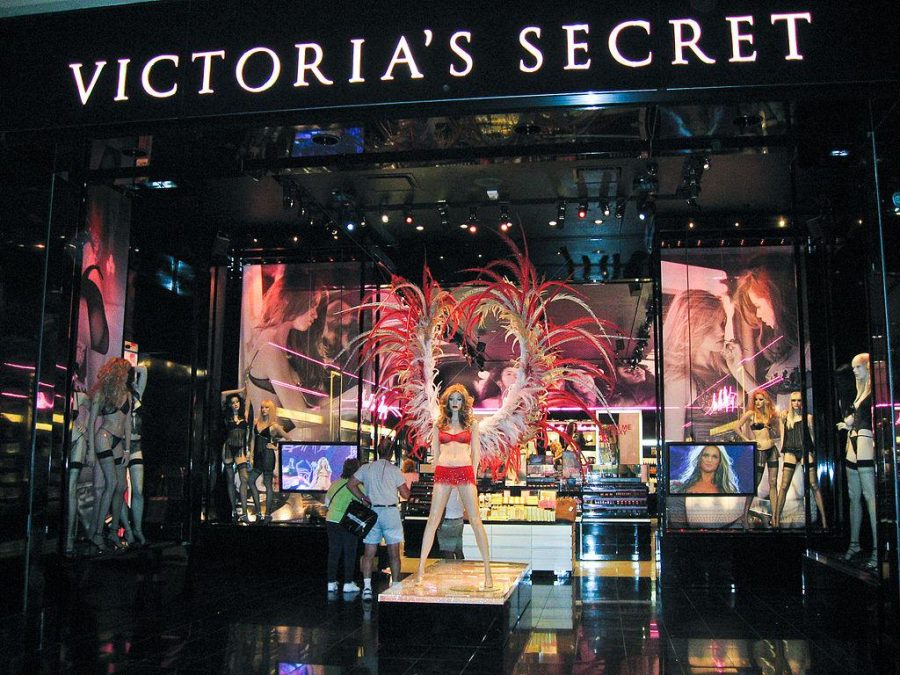The casting director of Victoria’s Secret made an accurate description of what fashion and beauty have been for centuries. When asked about transgender and plus-sized models joining the Fashion Show, Ed Razek replied that the Victoria’s Secret Annual Show was “a fantasy.” The company was quick to apologize in response to the backlash. Beyond the outrage from “politically correct” Twitter, however, Ed Razek was correct in calling his show a fantasy. The beauty and fashion industries have been profiting from women’s insecurities while setting impossible expectations. It is a vicious cycle that has transcended generations.
The image of a perfect woman has been the business model for brands like Victoria’s Secret. Its marketing focuses less on the product than on the fantasy attached to it. Fashion brands are selling the consumer a lifestyle supported by the frequently exorbitant price tag attached to the garments. Therefore, fashion depends on models and celebrities to bring their concept to life. Fashion can only thrive if it is endorsed by a perceived authority over what is fashionable and beautiful.
Nevertheless, the women able to adhere to fashion’s expectations are scarce. During the last couple of years, the body positivity movement has seeped into the fashion industry. Plus-size supermodels have entered the runways and designers have created their own companies that cater to a wider portion of the population. There is no doubt that the images the fashion industry has been presenting have changed in comparison to just the previous decade. This didn’t happen because of a “politically correct” culture that seeks inclusion of those rejected by casting directors like Ed Razek, however. It has changed because women are taking charge.
For too long, men were designing and advertising their image of beauty to be admired. The top fashion houses and beauty companies were mostly led by men. However, progress has been made and small, independent companies have flourished, while female CEOs are taking over the lead. This is not to say men’s perception of beauty has no place in fashion, but it becomes problematic when they are the ones dictating how women should dress and look — especially when a woman’s worth continues to be assessed by physical appearance. Women are the ones living with the implications of a specific image considered to be the only one of value.
The male gaze has always been elevated in the fashion game. Male designers have been labeled masters and geniuses, while few women are granted the same courtesy. For decades their designs were only presented on women with exceptional, sometimes unhealthy, bodies. Although this should have shrunk their market, their runways served as a tool to demoralize women who deviate from their beauty standard. The statuesque models were perceived as the blueprint for beauty and perfection incarnate.
Unfortunately for plenty of fashion brands, women entering the workforce not only meant a need for more practical clothing, but also a newfound consumer power. The fantasy Ed Razek is trying to perpetuate with every Victoria’s Secret show is not as attractive for the majority of women as it was before. This is evident by declining sales over the past year and the dwindling traffic of consumers despite frequent discount events. The truth is that there are plenty of brands out there catering for more women who do not necessarily want to look like Amazonian goddesses. Victoria’s Secret is now competing with Aerie and Fenty where body inclusivity is the top priority. For female consumers, there is a stark contrast between the images of glamorous supermodels in lingerie and women with regular bodies sporting comfortable clothing.
Despite that fact that Victoria’s Secret is the top selling lingerie company in the U.S., its advertising campaigns are tone-deaf. The time when inclusivity was a luxury for fashion is far gone, and it is now a requirement. Women are exercising their purchasing power to dictate how they want to see themselves. In increasing numbers, women are refusing to contribute to ad campaigns that perpetuate body insecurities and they demand for fashion to reflect the consumers rather than the fantasy. However, this does not indicate the beauty standards have vanished from our society. On the contrary, Instagram has only expanded and intensified this pursuit of perfection. The good news is that a lot more women venturing into the businesses that, despite being targeted for their consumption, did not welcome their opinions in the past. Perhaps we are witnessing the evolution of the female voice drowning out the male gaze that has dictated their decisions for too long.


